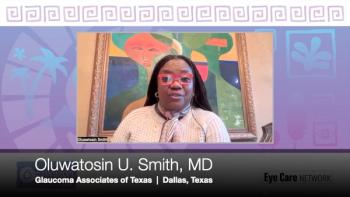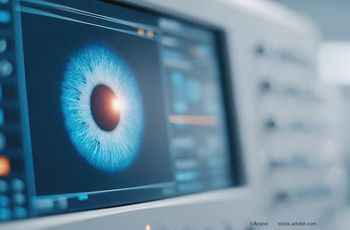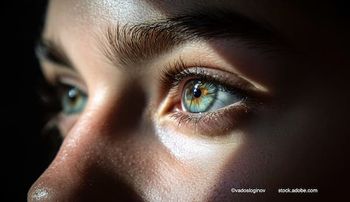
Could a multifocal IOL be the answer to patients' visual needs?
The Tecnis multifocal IOL (Advanced Medical Optics) has been shown to be highly effective for patients with different clinical needs, such as in patients undergoing cataract surgery and IOL implantation, those with presbyopia, and in those with hyperopia. Three studies presented at the annual meeting of the American Society of Cataract and Refractive Surgery reported the results with this IOL.
"The Tecnis IOL combines an anterior aspheric surface with a posterior diffractive surface, which in theory should provide a lowering of the total ocular spherical aberration and sharper vision in two focal planes, distance and near," Ana F. Fonseca, MD, said.
She and her colleagues conducted a study of the IOL that began in February 2005 to evaluate the visual outcome of the Tecnis IOL by measuring visual acuity and contrast sensitivity. The study included 14 eyes of seven patients who underwent bilateral phacoemulsification and implantation of the Tecnis multifocal IOL. The mean patient age was 71 years. The patients returned for a minimum of five follow-up visits; the mean follow-up time was 10 months, according to Dr. Fonseca. She is an ophthalmology resident in Centro Oftalmológico de Lisboa, Lisbon, Portugal.
Patients included required bilateral procedures, had almost no corneal astigmatism, desired more spectacle independence, had no occupational visual requirements, and wanted emmetropia, she explained.
The overall results were very good. There was a significant level of spectacle independence for daily tasks and a very good satisfaction level, according to Dr. Fonseca.
Newsletter
Don’t miss out—get Ophthalmology Times updates on the latest clinical advancements and expert interviews, straight to your inbox.





























